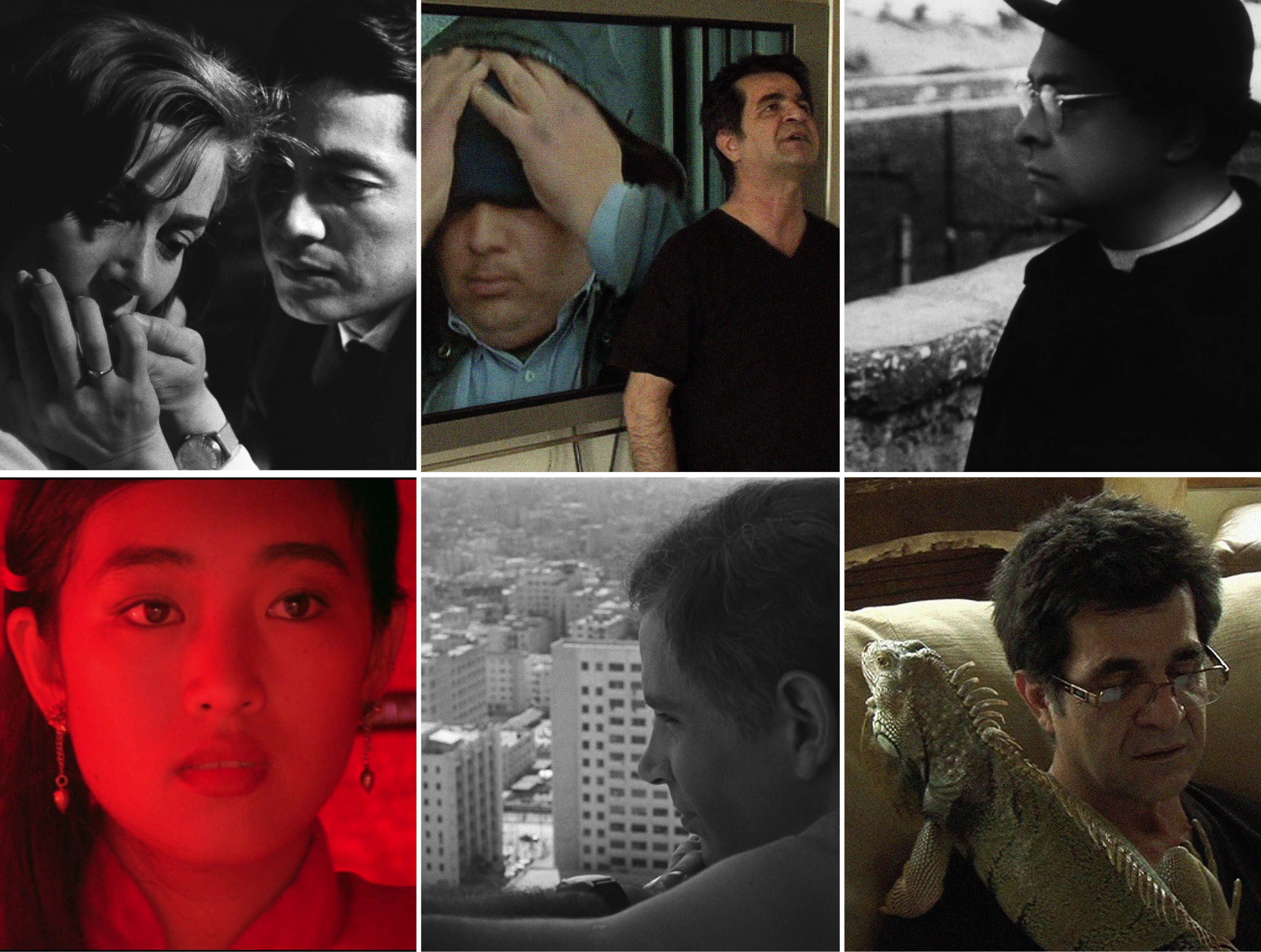New Waves at UCSB’s Pollock Theater
Film Series Focuses on Revolutionary Cinema

The term “New Wave” can conjure two artistic visions: First, there is the revolutionary chic French cinematic trend (a k a Nouvelle Vague) set into motion by directors Jean-Luc Godard, François Truffaut, Éric Rohmer, Claude Chabrol, and others in the late ’50s and into the ’60s. Its influential ripples continue through today. Second, on a more street-based, pop-cultural level, New Wave was glibly co-opted by the commercialized post-punk pop scene of the ’80s to describe the music of Talking Heads, B-52s, the Police, and the like.
In regard to the upcoming series at UCSB’s Pollock Theater, the term is strictly cinematic. According to organizer Patrice Petro, a professor in UCSB’s film and media department, the movies selected “each attempt to use cinema in ways that express what had been unexpressable.”
As with earlier Pollock Theater series, the New Waves was organized by Petro and her colleagues, which include professors Cristina Venegas and Anna Brusutti, and PhD student Wesley Jacks, and follows intriguing earlier programs, such as Hollywood Berlin (with a memorable visit from dryly charismatic maverick director Werner Herzog) in 2017, and, earlier this year, the Beatles Revolution series, with guests including Beatles biographer Ivor Davis and former Beatles engineer (and area veteran rock star of note) Alan Parsons.
For New Waves, the post-screening discussions engage various visiting scholars and cover a gamut of viewpoints within international cinema — with significant films from Italy, France, China, Cuba, and Iran. In all, the series navigates through and around the conventional parameters of the French movement. On Thursday, April 18, the series begins with Roberto Rossellini’s Italian neorealism masterpiece Rome, Open City, followed by Alain Resnais’s Hiroshima Mon Amor (April 25) — a French film set far from France, based on acclaimed French author Marguerite Duras’s book.
May 18 brings the Chinese film Red Sorghum, directed by Zhang Yimou, who, Petro explained, “not only shoots a rural, impoverished China largely absent from that nation’s mainstream cinema; he also makes it look beautiful.”
Daring cinematic tactics also play a role in the series. Cuban director Tomás Gutiérrez Alea’s innovative 1968 film Memories of Underdevelopment (May 21) blends fictional elements and documentary footage into its narrative, and the series closer This is Not a Film was made during a repressive regime in 2011 by Iranian filmmakers Jafar Panahi and Mojtaba Mirtahmasb. They smuggled their guerilla doc, shot on smart phones, to Cannes on a flash drive buried in a birthday cake, and went on to enjoy widespread critical kudos and a 97 percent critical Rotten Tomatoes score. Petro commented that the Iranian film bravely breaks with tradition, and is “even in its title, a provocation — questioning what techniques qualify as ‘filmmaking’ and what do not.”
In the series, said Petro, “The order is roughly chronological. Italian neorealism was one of the first national film movements to gain a passionate transnational critical and artistic following. Premieres at world film festivals in the 1940s helped introduce the films from the neorealism to many of cinema’s most influential writers and filmmakers,” she continued, “and they inspired new conversations and explorations of what cinema could be. The French New Wave had a similarly powerful impact in the late ’50s and early ’60s. … Across the 20th century, groups of audacious filmmakers seemed to arise in disparate zones where traumatic, historical circumstances gave way to new cultural regimes.”
The films strategically chosen for this series embody a broader definition of a New Wave spirit, stylistically and thematically. The films capture “cinema at its most vital and reveals cinema’s capacity to speak to diverse historical and cultural circumstances,” according to Petro. “These films take up urgent questions about war, global politics, poverty, and censorship, but they approach these topics not in the abstract but in intensely personal works. They are films that challenged their audiences on the first day of their release and continue to challenge audiences today.”
The Carsey-Wolf Center presents its New Waves film series Thursday, April 18-Thursday, May 23. All films are free; reservations are advised. See carseywolf.ucsb.edu.



